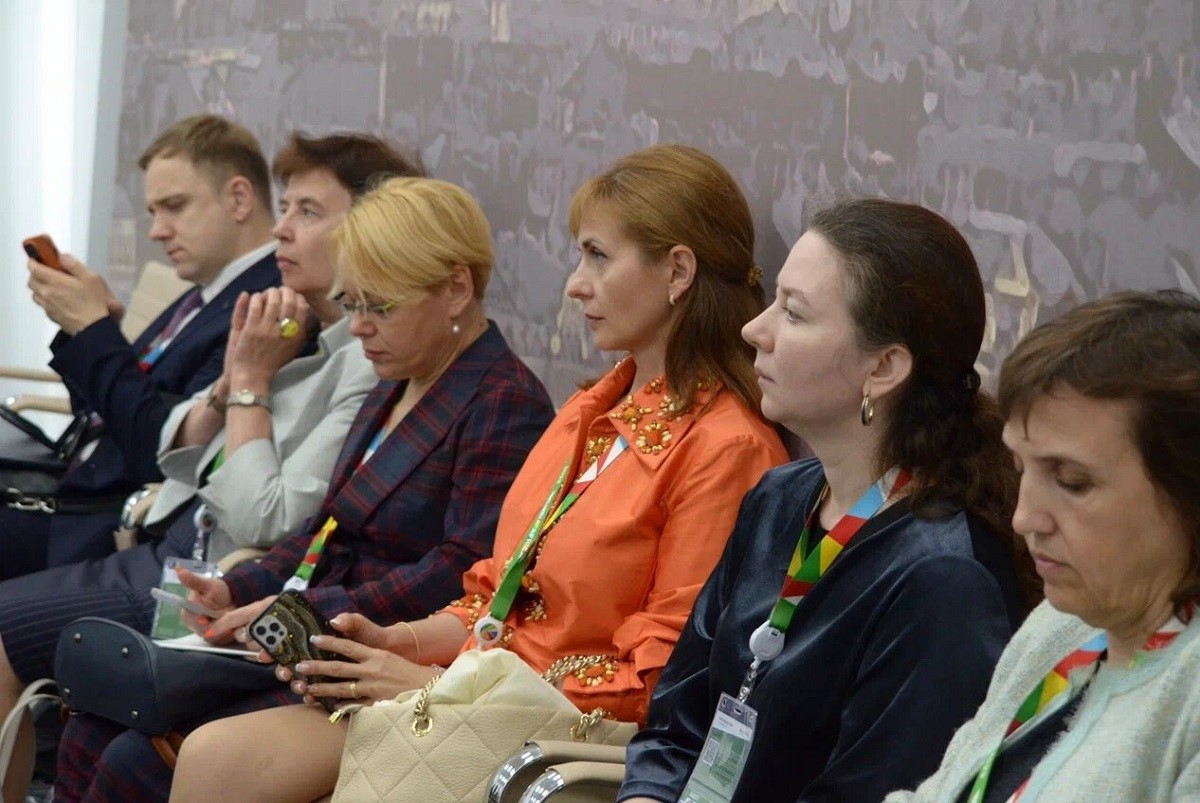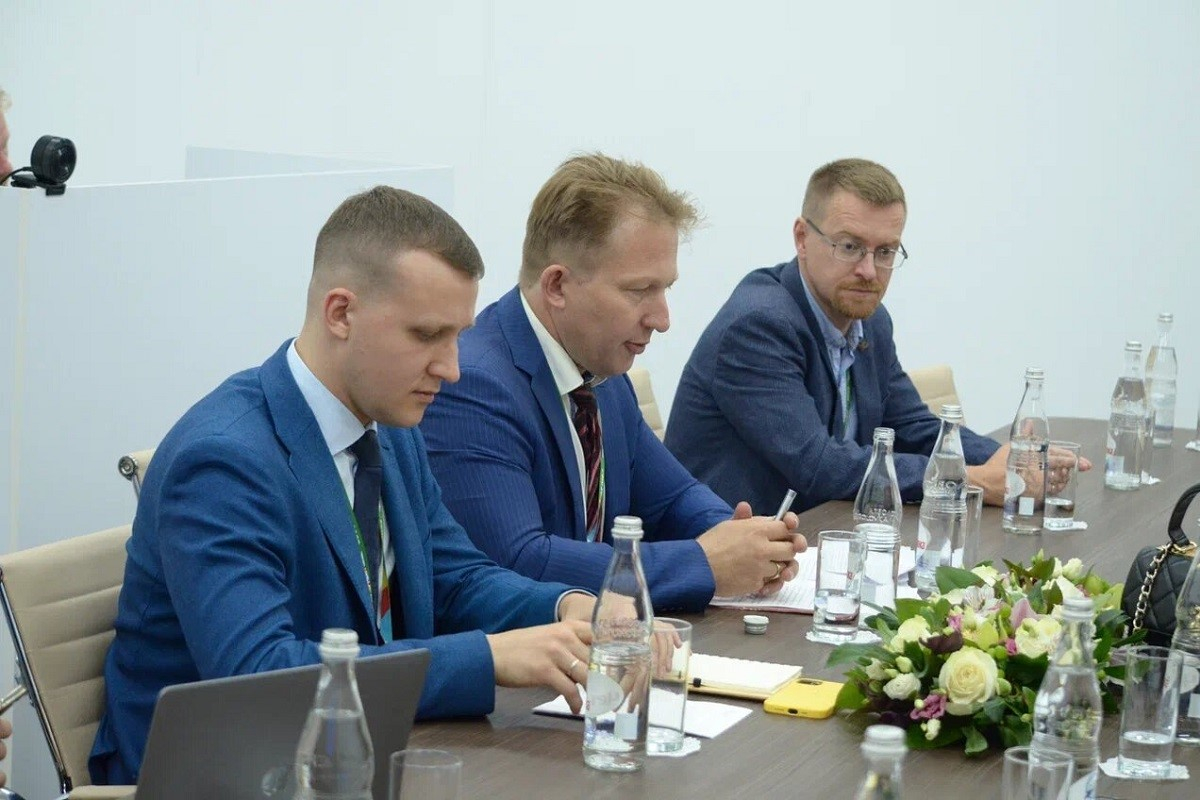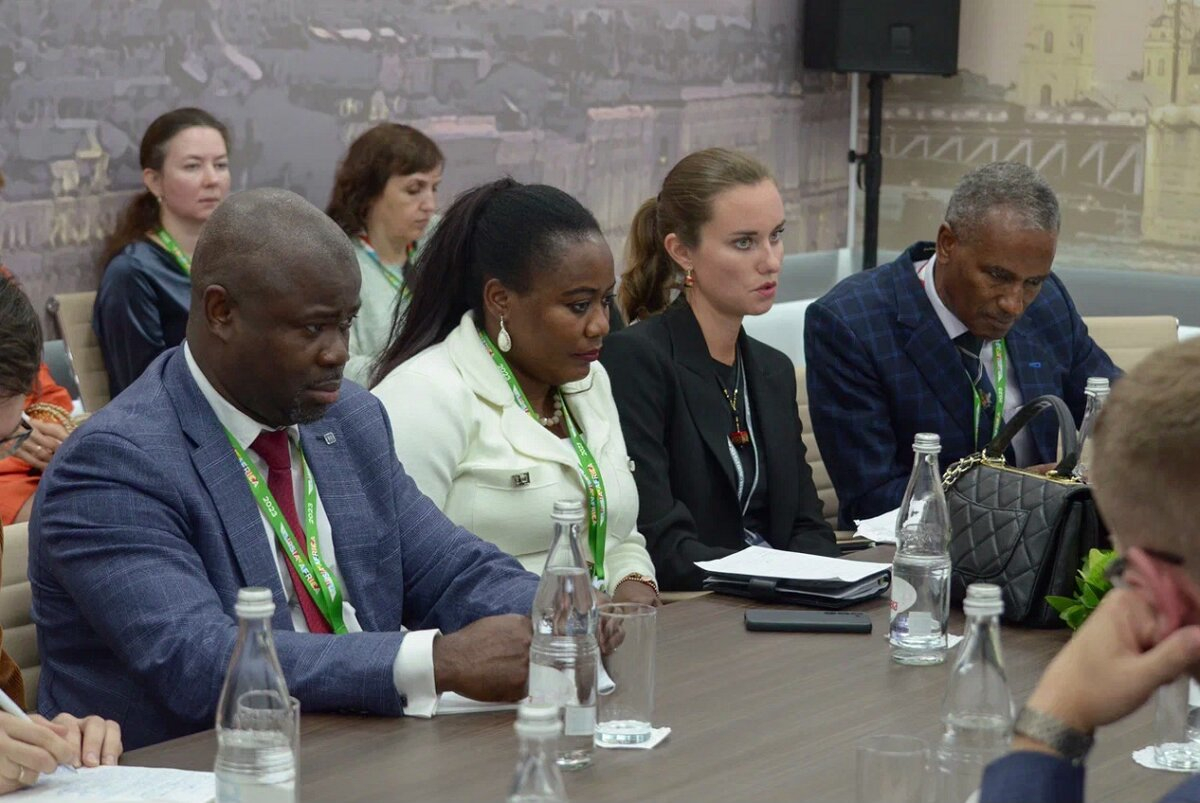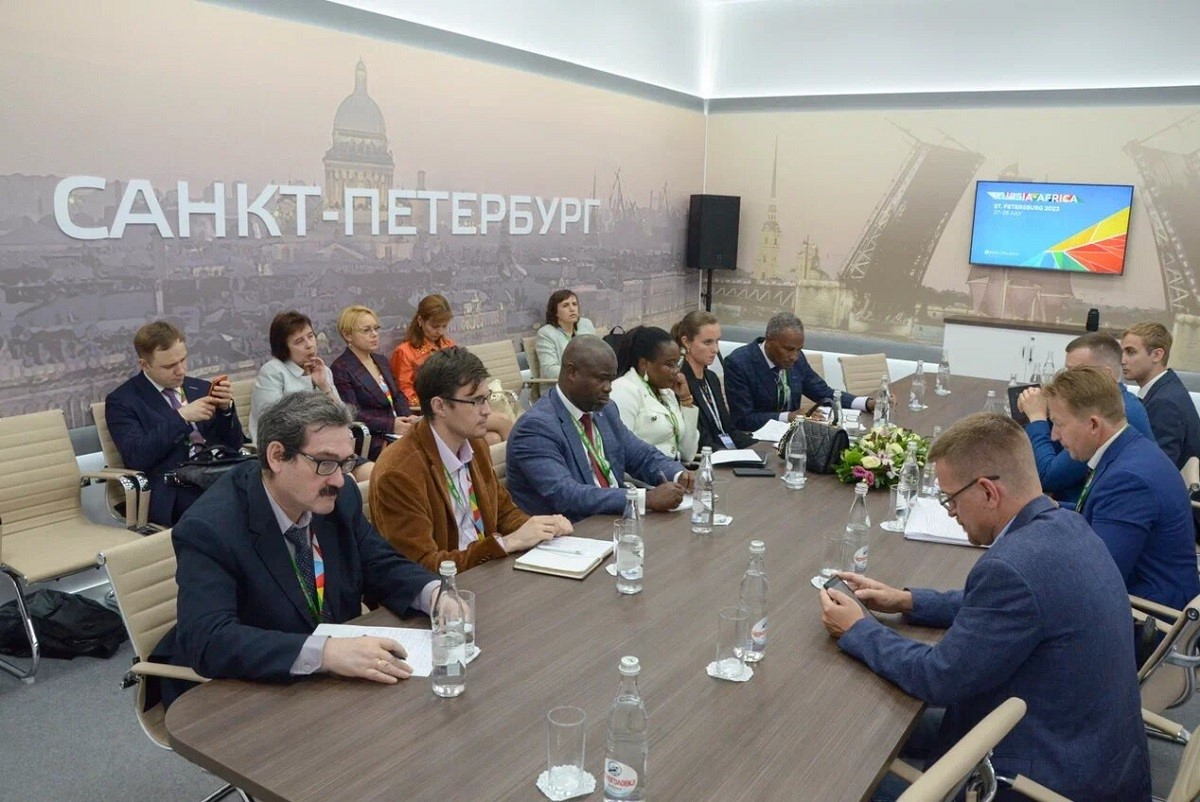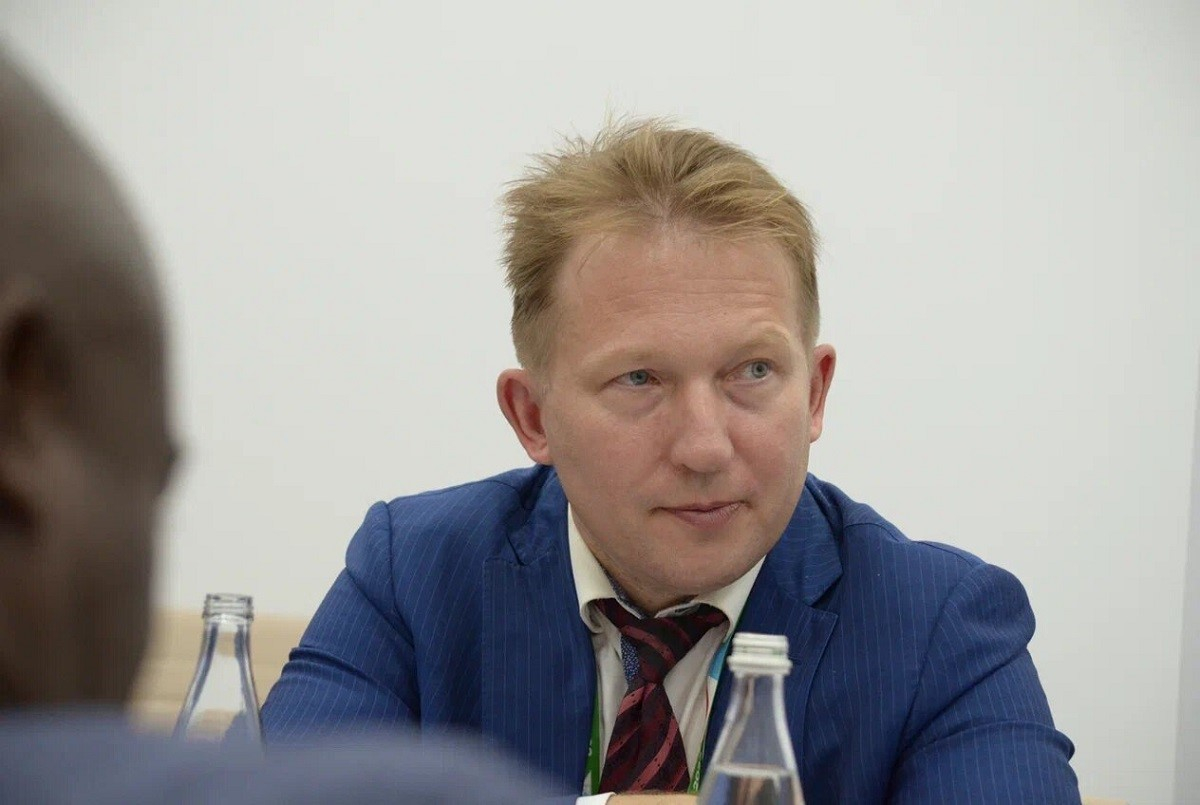St Petersburg University Professor Konstantin Pantserev: Artificial intelligence is a driver of sustainable development in Africa
The economic and humanitarian forum "Russia − Africa" has hosted the roundtable discussion "Artificial Intelligence: The New Driver for the Development of the African Region". During the roundtable, experts in economics, philology, international relations and political science discussed the prospects of implementing advanced IT solutions in African countries in the context of the new industrial revolution.
According to Konstantin Pantserev, Professor in the Department of Theory and History of International Relations at St Petersburg University, the joint development of artificial intelligence technologies between Russia and Africa is a progressive direction for strengthening bilateral cooperation. ‘Artificial intelligence technologies are seen by African countries as a key tool that can give new impetus to the development of the economy, while making it more innovative. They can help solve the most acute challenges that the continent is currently facing: from reducing poverty to improving the level of education and modernising the healthcare system,’ said Konstantin Pantserev.
The development of artificial intelligence technologies and their assimilation into all key sectors of production involves a number of initiatives. These include: training of highly qualified personnel in analytics and design of machine learning algorithm architecture; the establishment of data collection and storage systems; and the creation of cutting-edge centres and laboratories with sufficient capacity to handle big data.
The challenges of developing modern technologies in Africa are complex. Additionally, it is necessary to strengthen scientific ties between Russia and the countries of the African continent in order to share best practices in the field of artificial intelligence.
Konstantin Pantserev, Professor at St Petersburg University
The experts paid special attention to the development of cooperation between Russia and African countries in the field of training highly qualified specialists capable of developing and applying artificial intelligence technologies. ‘Over decades of cooperation between Russia and Africa, successful practices have been accumulated and comfortable conditions for economic partnership have been created. Russian educational institutions train personnel from African countries in areas related to artificial intelligence. Moreover, some St Petersburg University graduates have become leaders of IT projects in Africa,’ said Aleksandr Zdanevich, Assistant Professor at St Petersburg University.
Since 2020, the Centre for Artificial Intelligence and Data Science at St Petersburg University has been bringing together scientists engaged in research in this field, both in physics and mathematics, as well as in the sciences and humanities. The Centre implements academic programmes and specific courses on artificial intelligence, and interacts with government agencies and business entities that need to apply this technology.
One of the main challenges for the introduction of cutting-edge technologies in the African continent is the underdevelopment of fibre-optic communication lines and, as a result, the small coverage area of the continent’s territory with high-speed Internet, which is necessary for the effective operation of artificial intelligence technologies. According to African experts, Russian companies should be more active in creating a modern and technological environment in Africa. This is because this region is a very promising area by a number of indicators, including the rate of digitalisation and natural population growth. Additionally, Russia and African countries have already accumulated positive experience of cooperation in a wide range of areas.
‘The partnership between Russia and Africa is successful because it is based on mutual respect and equality. Cooperation in the sphere of modern technologies is no exception, where the exchange of best practices and knowledge takes place without any negative impact on the technological sovereignty of the countries,’ said Claire Ayuma Amuhaya, Associate Lecturer at Riara University (Kenya).
At present, about 29,000 people from African countries are studying in degree and non-degree programmes at St Petersburg University. This includes almost 100 students from 23 countries of the African continent studying in degree programmes of St Petersburg University and more than 27,000 students of the University’s online courses.
One of the important aspects of cooperation in the field of artificial intelligence is the observance of ethical and legal norms. For example, Adu Yao Nikez, Associate Professor at the Peoples’ Friendship University of Russia (RUDN University), noted that Russia and Africa could work together to develop regulatory mechanisms that would guarantee the security of personal data and the protection of human rights when using such IT solutions. Radomir Bolgov, Associate Professor at St Petersburg University, also paid attention to security issues and emphasised the need for moral and legal separation of military and commercial artificial intelligence technologies.
At the end of the discussion, the participants agreed that in order to successfully implement joint projects between Russia and African countries in the field of artificial intelligence technologies, it is necessary to adhere to the principles of mutual respect and individual approach to each country.


